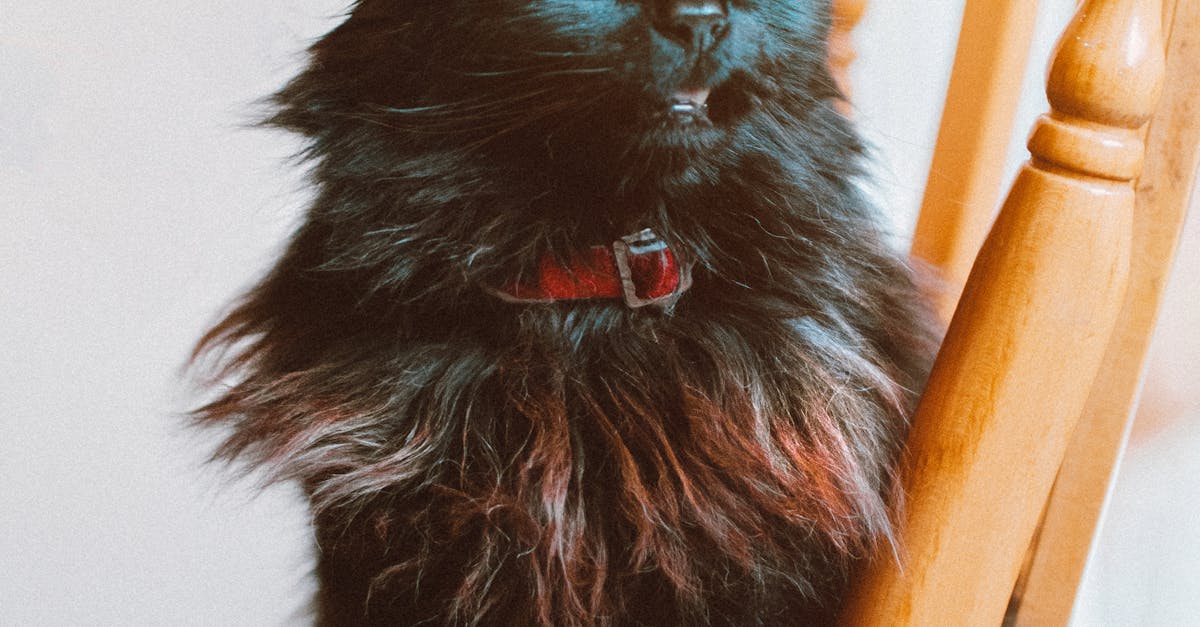Have you ever wondered if cats can safely enjoy pomegranate seeds? These vibrant, juicy seeds are a favorite among humans, but when it comes to our feline friends, caution is key. Cats have unique dietary needs, and not all human foods are safe for them to consume. Let’s dive into whether pomegranate seeds are safe for cats, how to offer them responsibly, and what signs to watch for if your cat eats something they shouldn’t.
🍎 Are Pomegranate Seeds Safe for Cats?
The short answer is yes, pomegranate seeds are generally considered non-toxic to cats. However, that doesn’t mean they’re an ideal snack. Cats are obligate carnivores, meaning their diet is primarily made up of meat, and their digestive systems aren’t built to handle large amounts of fruits or plant-based foods.
While pomegranate seeds won’t poison your cat, they can cause mild digestive upset in some cases. It’s always best to introduce new foods cautiously and in moderation.
🐾 Health Benefits of Pomegranate Seeds
Pomegranate seeds are packed with nutrients that are beneficial to humans, such as antioxidants, fiber, and vitamins like C and K. But do these benefits apply to cats? Let’s take a closer look.
- Antioxidants: These help combat free radicals and promote overall health, but cats produce many of their own antioxidants naturally through a meat-based diet.
- Fiber: While fiber can aid digestion, too much can lead to gastrointestinal upset in cats.
- Vitamins: Cats require specific nutrients like taurine from animal sources, which pomegranate seeds don’t provide.
In short, while pomegranate seeds contain some beneficial nutrients, they don’t offer anything essential that your cat can’t get from a balanced cat food diet.
🍽️ How to Safely Feed Pomegranate Seeds to Your Cat
If you’re determined to share this fruit with your feline companion, it’s important to do so safely. Follow these tips to ensure your cat’s health isn’t compromised:
- Start small: Offer just one or two seeds as a trial to see how your cat reacts.
- Remove the peel: The outer skin and pith of a pomegranate can be tough and difficult for cats to digest.
- Wash thoroughly: Rinse the seeds to remove any potential pesticides or chemicals.
- Monitor for reactions: Watch for any signs of digestive upset, such as vomiting, diarrhea, or a lack of appetite.
Remember, treats like pomegranate seeds should make up no more than 10% of your cat’s daily calorie intake. Overindulgence in any non-meat food can lead to nutritional imbalances.
🩺 Symptoms to Watch For If Your Cat Eats Too Much
Even though pomegranate seeds are non-toxic, overeating can still cause problems. Here are some symptoms that may indicate your cat has eaten too much:
- Vomiting
- Diarrhea
- Lethargy
- Abdominal pain or discomfort
- Loss of appetite
If your cat shows any of these symptoms, it’s a good idea to consult a veterinarian. In most cases, symptoms will resolve on their own, but persistent issues could indicate a more serious problem.
😺 Why Cats Don’t Need Fruits Like Pomegranate
Cats are obligate carnivores, which means they thrive on a diet rich in animal protein and fat. Their bodies are not designed to process plant-based foods efficiently, and they lack the taste receptors to enjoy sweetness like humans do.
While an occasional nibble of fruit won’t harm your cat, it’s not something they need for a healthy diet. High-quality cat food provides all the essential nutrients they require, including taurine, which is critical for heart and eye health.
🐱 Alternatives to Pomegranate Seeds
If you’re looking for a safe treat to share with your cat, consider these options instead:
- Cooked, unseasoned chicken or turkey
- A small piece of cooked fish
- Commercially available cat treats
- Cat-safe vegetables like cooked carrots or green beans
These options are more aligned with your cat’s natural dietary needs and are less likely to cause digestive upset.
FAQs
Can cats eat pomegranate seeds every day?
No, pomegranate seeds should only be offered occasionally and in small amounts. They are not a necessary part of your cat’s diet.
What should I do if my cat eats a large amount of pomegranate seeds?
Monitor your cat for signs of digestive upset such as vomiting or diarrhea. If symptoms persist or worsen, consult a veterinarian immediately.
Are pomegranate seeds toxic to cats?
No, pomegranate seeds are non-toxic to cats. However, they may cause mild digestive upset if consumed in large quantities.
Can kittens eat pomegranate seeds?
It’s best to avoid feeding pomegranate seeds to kittens. Their digestive systems are more sensitive, and they require a diet specifically formulated for growth and development.
What fruits are safe for cats?
Some cat-safe fruits include blueberries, watermelon (seedless), and peeled apples. Always offer fruits in moderation and remove seeds or pits.
References
Book a $49 online vet consultation at https://www.dialavet.com for fast, expert advice.























